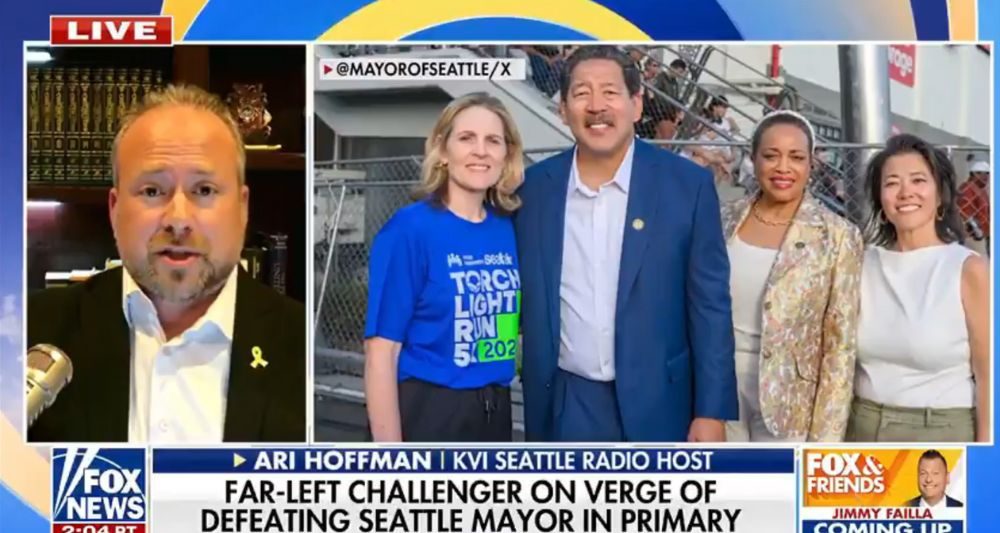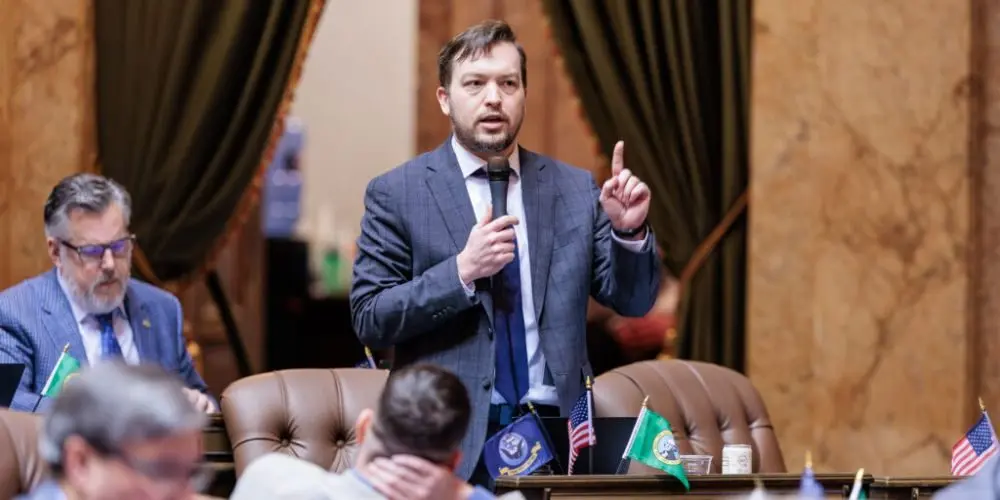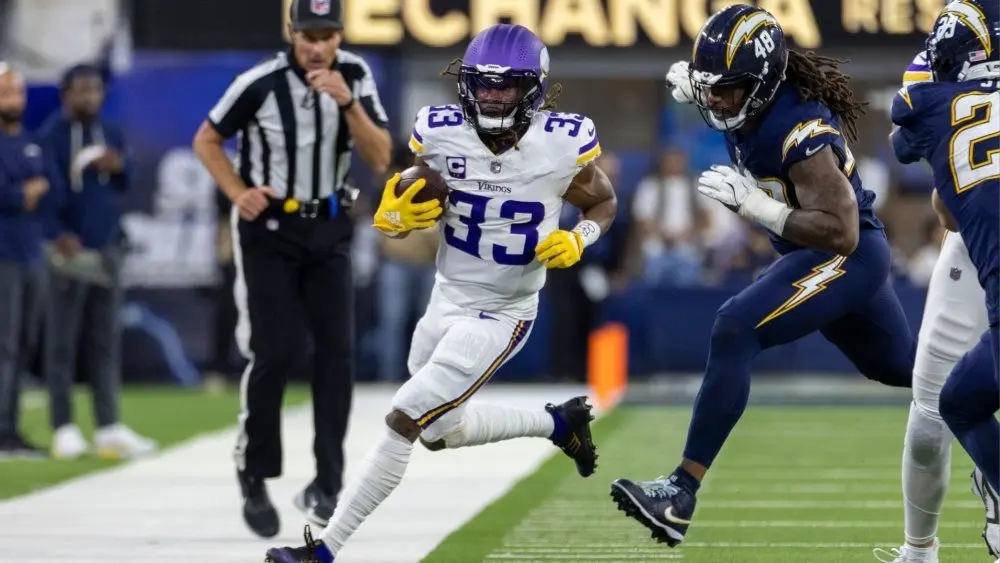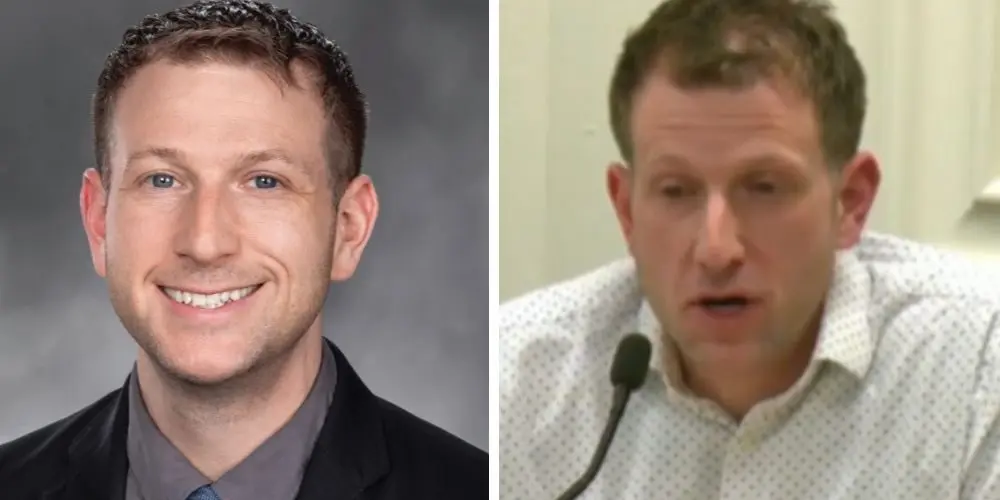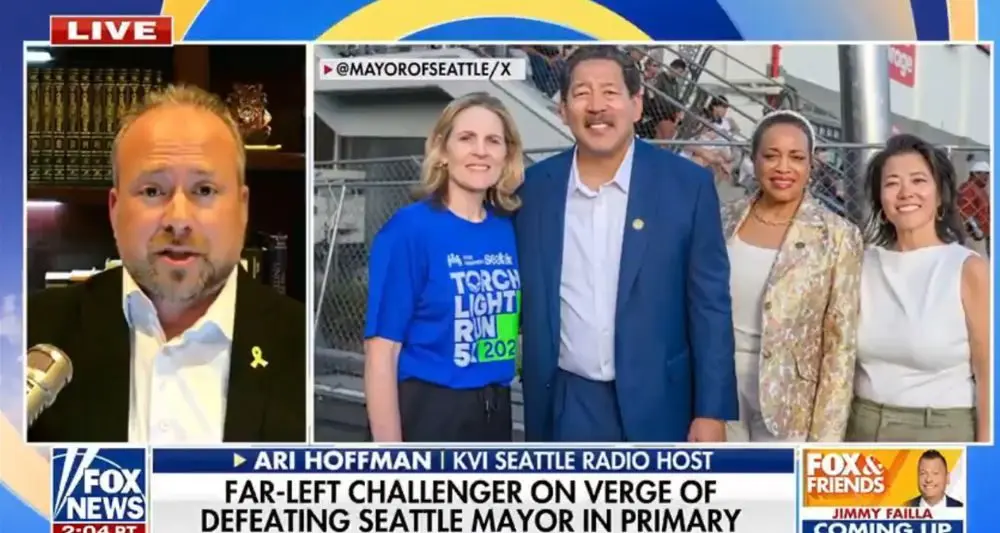
Talk Radio 570 KVI host Ari Hoffman joined Fox & Friends First to break down the results of Seattle’s mayoral primary—calling it both a local shakeup and a national warning.
In his conversation with host Carley Shimkus, Hoffman delivered a candid assessment of Seattle’s political trajectory, describing a city caught in a battle not between left and right, but between the left and the far left. Incumbent Mayor Bruce Harrell, once seen as a centrist, has leaned further left in recent years in an effort to stave off progressive challengers. That shift, Hoffman said, has alienated the very voters who once supported him.
"For years you've had the left & the far left running for office in Seattle. Bruce Harrell is no moderate. He’s been a colossal failure. He tried to copy the progressives because he was worried about losing to one."
Great to be back on Fox News to discuss Seattle's primary pic.twitter.com/LYEH4dtrDb
— Ari Hoffman (@thehoffather) August 6, 2025
“For years you’ve had the left and the far left running for office in Seattle,” Hoffman said. “Bruce Harrell is no moderate. He’s trying to copy the progressives because he was worried about losing to one. As a result, he lost a lot of moderate support. People just threw their hands up and said, ‘There’s nobody to vote for.’”
Harrell’s main challenger, progressive activist Katie Wilson, has gained momentum by making sweeping promises around housing affordability, homelessness, and public transit. But Hoffman cautioned that her platform is built more on idealism than on practical solutions.
“She’s making all these promises she can’t deliver on,” Hoffman said. “She’s like the kid running for class president promising free recess—but people are voting for her anyway.”
The Rise of the ‘Mamdani Effect’
Hoffman tied Wilson’s ascent to a broader movement he dubbed the “Mamdani Effect,” named after New York Assemblymember Zohran Mamdani, a self-described democratic socialist who unseated an establishment Democrat and has since become a model for far-left candidates across the country.
“What we’re seeing in Seattle is the Mamdani Effect,” Hoffman explained. “Candidates like Katie Wilson are part of a new wave of far-left leaders who promise radical change. Even if they have no idea how to pay for it or make it work, they’re gaining real traction.”
According to Hoffman, Seattle was once an outlier in progressive politics—but has now become the blueprint.
“Seattle has been this way for a long, long time. Now other cities are copying us,” he said. “What started here is going national. You’re seeing it in New York, Minnesota, D.C., and beyond.”
He warned Republicans not to underestimate these candidates, noting that Democratic Party leadership—including Senate Majority Leader Chuck Schumer—has embraced many of them.
“A lot of Republicans looked at someone like Mamdani and said, ‘Great, this’ll be easy to beat,’” Hoffman said. “But when you see establishment Democrats like Chuck Schumer endorsing him, that tells you everything. These ideas are no longer fringe—they’re the future of the party.”
“You’re going to see blue cities, blue counties, and blue states get darker and become more socialist. We don’t have the Democrat Party anymore—we have the Socialist Party.”
A Party Without a Leader
When asked about the Democratic Party’s current leadership heading into the 2026 midterms and 2028 presidential race, Hoffman argued that the party lacks a central figure—but not a central ideology.
“The Democrat Party doesn’t have a leader—it has poster children,” Hoffman said. “Mamdani is a poster child. So is AOC. So is Bernie Sanders.”
And while Sanders failed to win the presidency, Hoffman noted that his ideas have taken root nationwide.
“You might think Bernie lost, but it’s his vision that took over the party,” he said. “And what we’re seeing now is even more radical than what he proposed.”
“This is right out of the Squad’s playbook,” Hoffman added. “We’re not looking at JFK Democrats anymore. We’re looking at socialism and even communism creeping into American city halls and state legislatures.”
Seattle as a National Warning
Hoffman concluded by framing Seattle’s mayoral primary not as an isolated incident, but as a bellwether for what’s to come in other major American cities.
“Seattle isn’t just a local story anymore—it’s a national warning,” he said. “If you want to see where the Democratic Party is headed, look no further than what’s happening here.”



